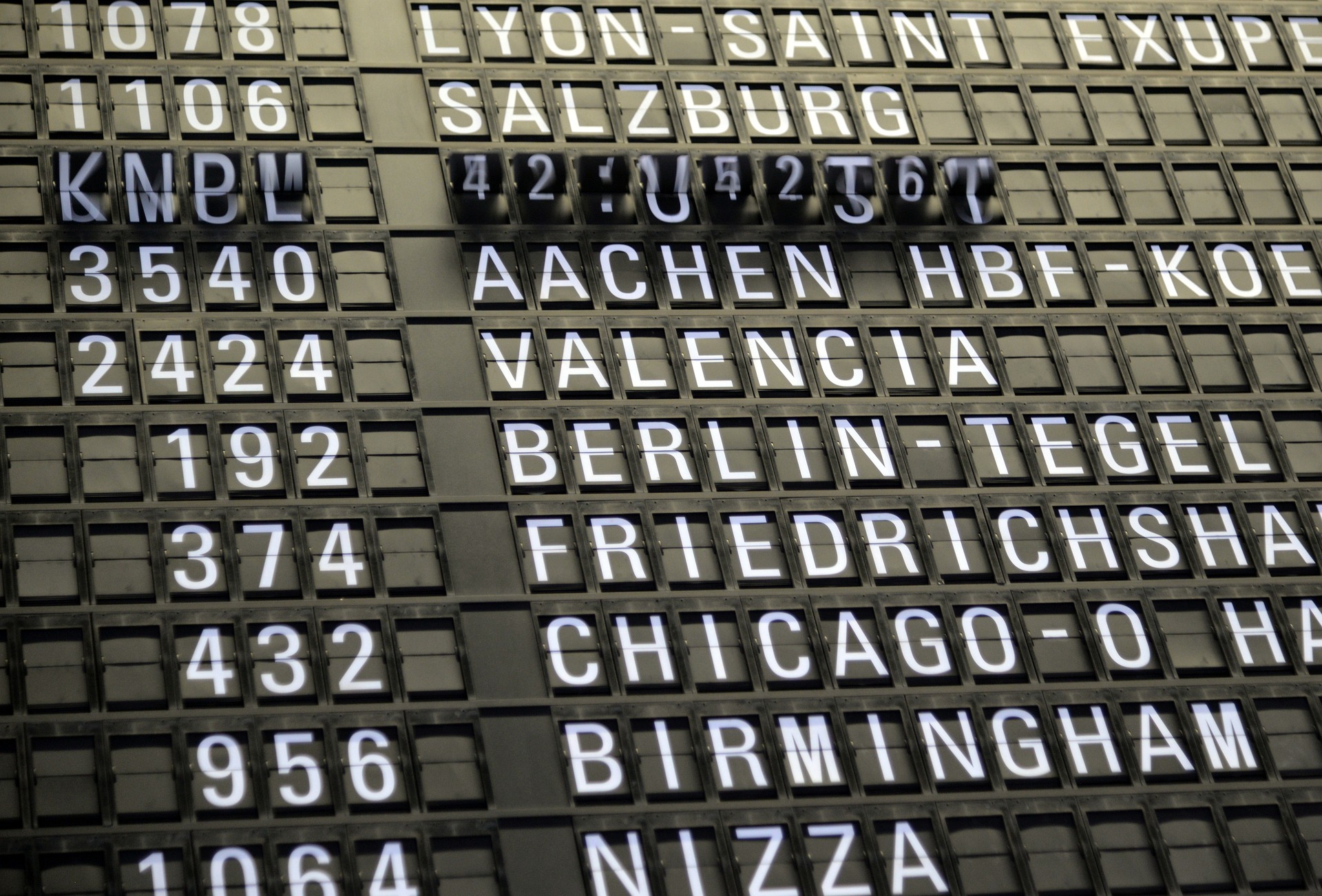Discover Airport Job Opportunities for English Speakers in Austria
Working in airport services in Austria offers a unique experience for English speakers. Various job opportunities exist in bustling airport environments, and aspiring candidates can benefit from aviation training programs available. This exploration of airport jobs includes insights into the working conditions and the dynamic nature of the aviation industry.

Understanding Airport Jobs Available to International Workers
International workers have access to various positions across Austrian airports, though requirements vary by role. Customer-facing positions such as check-in agents, gate attendants, and information desk staff typically require both English and German language skills. However, many technical and specialized roles may prioritize professional qualifications over perfect German proficiency. Vienna International Airport alone employs over 20,000 people across 230 companies operating on its premises, creating a multicultural work environment where English often serves as the common language.
For non-EU citizens, employment regulations require work permits before starting airport jobs. The “Red-White-Red Card” system in Austria offers a pathway for skilled workers to obtain legal employment based on qualifications and job offers. Many employers assist with this process for candidates with specialized skills or language abilities that meet operational needs. Additionally, seasonal positions during peak tourist periods may offer entry opportunities for international workers seeking to gain experience in the Austrian aviation sector.
Key Qualifications for Aviation Employment in Austria
Educational requirements for airport positions vary significantly based on the role. Customer service positions typically require a minimum of secondary education with strong communication skills, while technical roles demand specialized training or certification. Security positions, which form a substantial portion of airport employment, require background checks and specific security training according to European aviation standards.
Language proficiency stands as a significant qualification, with English being essential and German highly beneficial. For many operational roles, particularly those involving safety or security, German language skills at B1 level or higher may be mandatory. However, certain international airlines or freight operations may prioritize English or other language combinations based on their routes and passenger demographics.
Professional certification requirements also differ across airport departments. Air traffic control positions require extensive training through Austro Control, while aircraft maintenance roles need certification according to EASA (European Union Aviation Safety Agency) standards. Customer service positions often benefit from hospitality or tourism qualifications, which are well-regarded in Austria’s service-oriented employment culture.
Exploring Aviation Training Programs to Enhance Career Prospects
Austria offers several specialized training programs for those looking to enter or advance in aviation careers. The Aviation Academy at Vienna International Airport provides courses ranging from airport operations to aviation management, with many programs conducted in English. These programs often combine theoretical knowledge with practical training in actual airport environments, making graduates particularly attractive to employers.
Technical training for aircraft maintenance and engineering is available through institutions like the WIFI Institute in Vienna and Graz, which offer internationally recognized certification programs. For those interested in air traffic control, Austro Control provides comprehensive training programs that prepare candidates for this demanding profession, though these typically require advanced German language skills.
Many airlines operating in Austria also offer their own training programs for cabin crew and ground operations staff. Austrian Airlines, Lufthansa, and other carriers regularly conduct recruitment days where candidates can learn about training opportunities. These programs often include language training components, recognizing the importance of multilingual staff in international aviation.
Insights into Work Environments in the Aviation Sector
Airport work environments are characterized by shift work patterns that ensure 24/7 operations. Most operational roles follow rotating schedules that include early mornings, evenings, weekends, and holidays. This schedule flexibility is both a challenge and an opportunity for employees, offering varied working hours but requiring adaptation to changing routines.
The multicultural dimension of Austrian airports creates diverse teams with colleagues from various backgrounds and nationalities. This international atmosphere provides rich opportunities for cultural exchange and language practice. At Vienna International Airport, for example, employees represent over 50 nationalities, creating a truly global working environment where English often serves as the lingua franca.
Career advancement opportunities within Austrian airports often depend on a combination of experience, additional qualifications, and language skills. Many employees start in entry-level positions and progress to supervisory or specialized roles after gaining experience. The interconnected nature of airport operations also allows for lateral movement between departments, offering varied career paths within the aviation ecosystem.
Salary and Benefits in Austrian Airport Employment
Airport positions in Austria offer competitive compensation packages that vary by role, experience, and employer. Entry-level customer service positions typically start between €1,800 and €2,500 monthly gross, while technical specialists and management roles can command €3,000 to €5,000 or more. Public sector positions, such as those with airport authorities, often follow standardized salary bands with predictable progression.
| Position | Starting Salary Range (Monthly Gross) | Experience Level |
|---|---|---|
| Customer Service Agent | €1,800 - €2,300 | Entry-level |
| Ramp Agent | €1,900 - €2,400 | Entry-level |
| Security Personnel | €2,000 - €2,600 | Entry-level |
| Air Traffic Control Assistant | €2,500 - €3,200 | Entry-level with training |
| Aircraft Maintenance Technician | €2,800 - €3,500 | Certified with experience |
| Airport Operations Supervisor | €3,200 - €4,200 | 3+ years experience |
| Air Traffic Controller | €4,000 - €6,000 | Fully qualified with experience |
Prices, rates, or cost estimates mentioned in this article are based on the latest available information but may change over time. Independent research is advised before making financial decisions.
Benefits packages typically include comprehensive health insurance through Austria’s public system, supplemented by private insurance options from larger employers. Additional benefits often include transportation allowances, meal subsidies, and discounted travel opportunities. Vienna International Airport and other major facilities also offer on-site childcare facilities, fitness centers, and employee restaurants to support work-life balance for their diverse workforce.
Application Strategies for English Speakers
English speakers seeking airport positions should emphasize their language skills and relevant experience when applying. Creating a Europass CV format resume is recommended, as this standardized format is widely accepted throughout Austria and the European Union. Including language proficiency levels according to the Common European Framework (A1-C2) helps employers quickly assess communication capabilities.
Airport job listings can be found on career portals like karriere.at, stepstone.at, and the official websites of Austrian airports and airlines. Many positions are also advertised through the Austrian Public Employment Service (AMS), which provides job search assistance to international applicants. Networking through aviation industry events and professional platforms like LinkedIn can also uncover opportunities that may not be widely advertised.
During interviews, candidates should demonstrate cultural awareness and adaptability alongside technical qualifications. Austrian employers typically value punctuality, reliability, and professionalism. For English speakers with limited German skills, showing commitment to language learning can significantly improve employment prospects, even if current German proficiency is basic.




